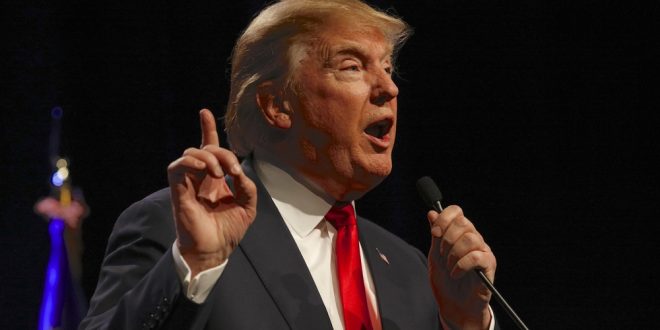The U.S. government shutdown entered its second week on Monday, with President Donald Trump escalating pressure on Democrats to support the Republican funding proposal before any negotiations on healthcare or other policy issues can move forward.
In a post on Truth Social, Trump accused Democrats of “closing the government right in the midst of one of the most successful economies, including a record stock market.” He said the shutdown was harming essential programs and services “that Americans rely on,” while insisting that Democrats must first allow the government to reopen before broader discussions can begin.
Trump added that he was open to cooperation on healthcare reform, particularly regarding the Affordable Care Act subsidies, but stressed that reopening the government was a precondition. He described the existing subsidies as wasteful and suggested that a “better healthcare system” could be negotiated once the impasse is resolved.
Democratic Leaders Push Back
Democratic leaders Chuck Schumer and Hakeem Jeffries dismissed Trump’s claims of ongoing negotiations. Schumer said that while Democrats were open to talks, the president’s portrayal of the situation was “not true.” Jeffries echoed that sentiment, saying he was unaware of any active discussions between the White House and Democratic lawmakers.
Democrats have accused the administration of using the shutdown as leverage to force concessions on unrelated issues, particularly health policy, while Republicans argue that the opposition is blocking essential funding to score political points.
Policy Analysts Weigh In
According to Chris Meekins, policy analyst at Raymond James, Trump’s recent actions on healthcare and drug pricing were unlikely to have a significant negative impact on the pharmaceutical industry, though further administrative measures may follow.
The ongoing standoff has left thousands of federal employees furloughed and delayed multiple economic reports, further complicating the outlook for fiscal policy and financial markets.
As the shutdown continues, both parties face mounting public pressure to strike an agreement, but with little sign of compromise, the standoff risks deepening Washington’s gridlock at a critical economic juncture.
 Noor Trends News, Technical Analysis, Educational Tools and Recommendations
Noor Trends News, Technical Analysis, Educational Tools and Recommendations





